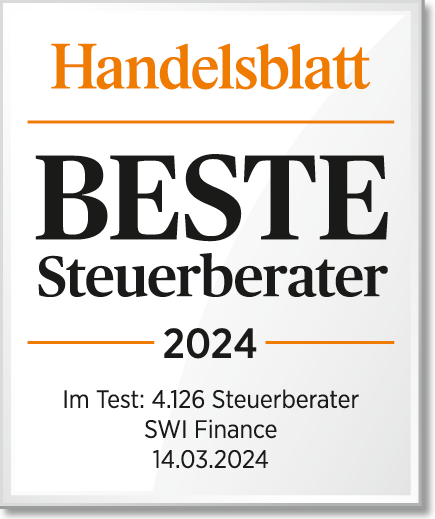In the Germany-Switzerland relationship, senior employees are not taxed where the work is carried out, but where the company has its registered, statutory headquarters. For example, the managing director of a Swiss company living in Germany can be taxed on his income in Switzerland even if he does most of his work from Germany. The regulations are also difficult to understand because, in addition to the actual agreement, the ministries of both countries have agreed on a series of consultation agreements (KonsVerCHEV) and supplements. This often led to disputes with the tax office.
In one of a number of rulings on the German-Swiss double taxation agreement (DTA), the Federal Finance Court has recently made it clear that the priority of the law and thus the wording of the DTA applies. According to the BFH, the provision of Section 19 Paragraph 2 Sentence 2 KonsVerCHEV only has the status of a legal regulation and therefore violates the principle of the primacy of the law (here: Article 20 Paragraph 3 of the Basic Law) and is ineffective. This has far-reaching consequences even for years that have already been closed, because the case law always applies to all open years or years that can still be changed.
In the past, from both a German and a Swiss perspective, the prerequisite for being treated as a senior employee was that the board members, directors, managing directors or authorized representatives, as mentioned at the beginning, were registered with this function in the commercial register. This is not stated in the double taxation agreement, but in a consultation agreement. From a German perspective, this is now no longer applicable following the case law of the BFH.
The Swiss authorities do not follow the case law of German courts and continue to feel bound by the consultation agreement. This can and will lead to qualification conflicts. The safest way is still to have the function entered in the commercial register. Anyone who is not registered should still check carefully whether he/she will benefit from the new legal ruling.
The case decided by the BFH was that the employee based in Germany was employed as CFO, Chief Financial Officer Group at a Swiss AG and was assigned to the highest management level of the group. He was named “Collective signature for two“Entered in the commercial register without a functional title. He did not return to his place of residence in Germany for more than 60 working days, so he was not considered a cross-border commuter. S.d. Article 15a DBA Switzerland was. This statement is important because an executive employee can also be a cross-border commuter and will then be taxed in his country of residence. The plaintiff carried out his work on 63 of 240 working days in third countries and in Germany. The tax office wanted to tax him in Germany for at least these 63 days because of his unregistered role.
But the BFH rejected this. He justified this by saying that according to the wording of the DBA, the income of a person resident in Germany from an activity as a board member, director, managing director or authorized representative of one in the Switzerland corporation based in the Switzerland are taxed unless the activity is defined in such a way that it only involves tasks outside of the Switzerland includes. There is no mention of an entry in the commercial register in the DBA. The BFH did not take the consultation agreement into account because an agreement cannot have legal status even at the highest administrative level. We interpret the BFH in such a way that not only a CFO, but also, for example, a human resources director who is not registered in the commercial register can fall within the scope of the regulation, whereby the circumstances of the individual case must be taken into account.
However, if a managerial employee qualifies as a cross-border commuter, then he will be taxed on his income at his place of residence. However, if the executive employee is not classified as a cross-border commuter if he does not return for more than 60 days, he will have his wages taxed in Switzerland. It is then subject to a special taxation procedure. The withholding tax on the salary, which also depends on marital status and the number of children, is withheld by the employer and paid to the tax office of the municipality in which the employer has its registered office or business premises. This tax is then offset against the employee's income tax.







